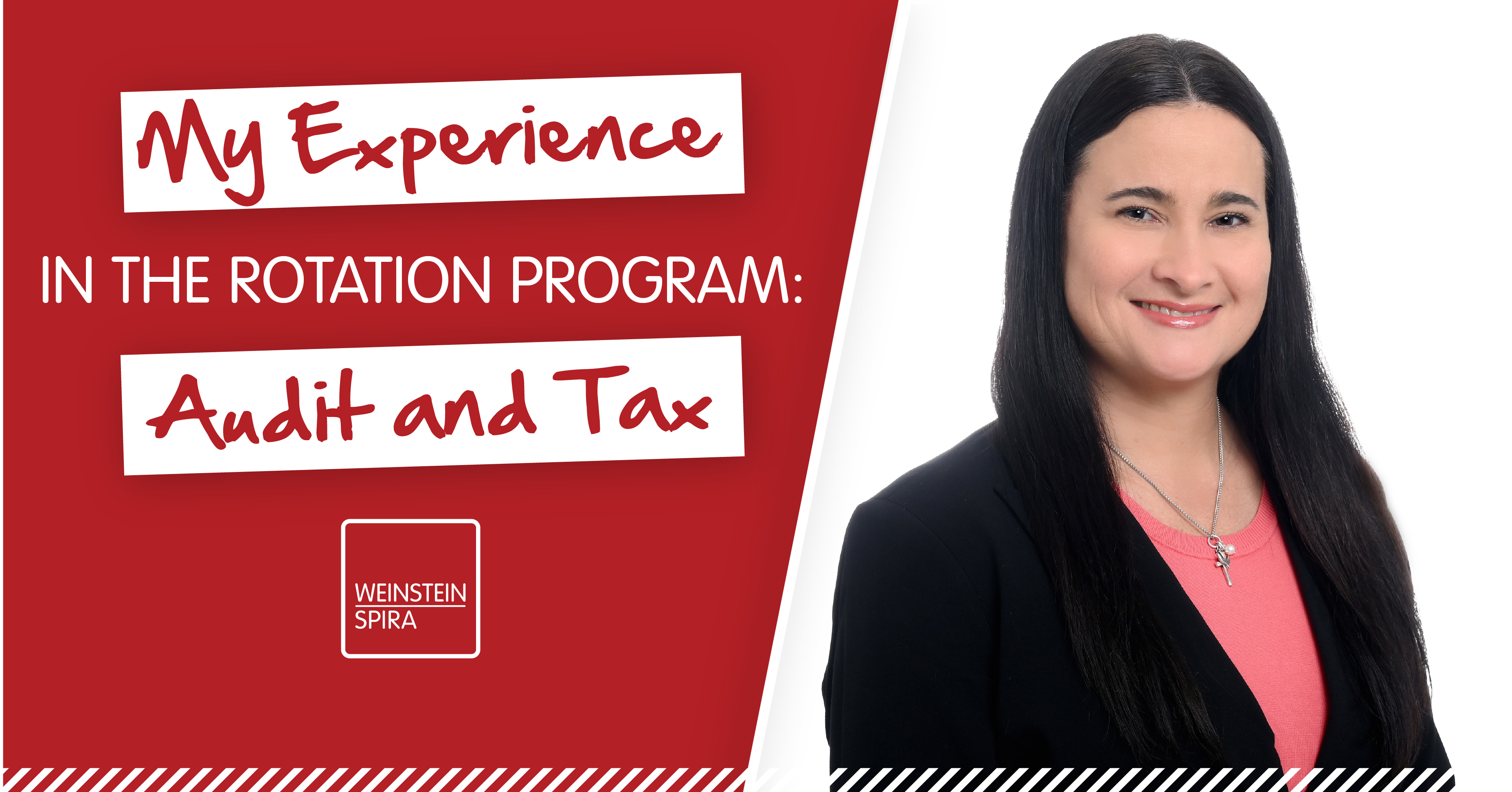In my 23 years of auditing Employee Benefit Plans (EBPs), I have found there to be several misconceptions surrounding the EBP audit process. In this article, I would like to help clear the air in hopes of making this process more positive and productive for all parties involved.
Myth #1: Employee Benefit Plan Audits provide no value.
EBP audits are required for a company with a certain headcount (generally 100 eligible participants). Since there really is no choice, isn’t it in everyone’s best interest to make the most of their EBP audit? Try thinking of it as “preventative care” similar to your annual, physical check-up. It can highlight good habits that are working to keep the plan compliant with rules and regulations, and it can identify problem areas that need a little more attention before things go bad, like a visit from the Department of Labor or the IRS.
Your EBP audit also gives you access to plan experts, so you can ask questions, bring up areas of concern or find out what other plan sponsors are doing. Just like your annual physical, we understand the thought of an audit can make anyone a little anxious. To ease the anxiety, I would encourage plan sponsors to have realistic expectations for themselves. With so many moving parts and transactions to manage on a benefit plan, perfection is not often attainable—just about every audit I have worked on has some sort of glitch or compliance issue. An experienced EBP audit team is familiar with what can go wrong and they are equipped with information and resources to help the plan sponsor get back on track. The bottom line is that a collaborative spirit allows you to get the maximum value from your audit experience.
Myth #2: Auditors love to find issues and won’t stop until they find something wrong.
Although a first-year auditor fresh out of school may have taken this route once or twice, this perception could not be further from the truth. A proper benefit plan audit is performed in accordance with generally accepted auditing standards and is carefully designed to substantiate the plan’s annual financial statements, as well as the plan sponsor’s adherence with the terms of the plan document.
In most risk-based audits, only a small number of transactions are ever tested. The need to do more testing may only be needed if the plan sponsor is unable to explain or quantify an exception noted in the original testing. Although auditors are required to address issues that arise from the audit, we certainly don’t take pleasure in dealing with problems any more than the plan sponsor. It can sometimes put a strain on the client-auditor relationship, and it takes more time to resolve than was originally planned for or included in the fee arrangement. My end goal on any plan engagement is to perform a quality audit that leaves the plan sponsor in a better place, whether it be peace of mind that all is good or with tools and information to make the plan stronger and more compliant.
Myth #3: Starting the audit early is always the best way to go.
While getting an early start on the audit can have some big payoffs, it can also lead to frustration, inefficiencies and fee overruns if not properly executed. When deciding on audit timing, the most important things to consider include having a good understanding of what documentation/support is needed for your auditor and knowing how much time you’ll need to pull everything together for them. Since your normal day-to-day demands and special projects don’t stop just because you have a benefit plan audit that has to get done, you need to be sure to give yourself plenty of time to provide documentation.
The quality and completeness of the audit support also make a big difference in how much time is required for the audit. It may take more of your time when there has been a change in personnel, processes or systems. Although there may be a strong desire to schedule audit fieldwork as early as possible, the audit could end up sliding back weeks, and possibly months, if complete and accurate audit support is not available on the agreed-upon start date. Since plan sponsor readiness goes a long way to shortening the actual audit time, we advise that you contact your audit firm as soon as possible after year-end to understand what is needed and by when. With a clear understanding of the audit timeline and the necessary documentation you can rest assured in knowing that you can still get your EBP audit done with way less effort, even if up against the deadline.
Myth #4: If you treat the EBP auditors nice, they will never want to leave.
I do have to admit that I am truly blessed with some amazing clients, especially those in the hospitality business that have no idea how to be anything but warm, welcoming and attentive. Despite the “nice” working environment, the truth of the matter is that audit teams have set periods of time that are scheduled with each client weeks in advance based on the size and complexity of each audit. Therefore, your EBP auditors should be able to get fieldwork completed within the agreed-upon timeframe if everything is ready and available on Day 1 of the audit, regardless of whether they are working from the hot office with the squeaky chair or a comfortable, lush boardroom.
When thinking about the logistics of the audit, the most important thing to consider is that EBP auditors deal with sensitive company and participant information, such as compensation and social security numbers. A secure, private place where they can have discrete, confidential conversations and get the work done in an efficient manner is in everyone’s best interest. The truth is, we are just as happy as you are when it’s time to wrap things up and move on!
Myth #5: We don’t find much value in the audit process, so why not switch audit firms every year or two to get a better price?
While plan management has an obligation to make sure that fees charged to participants are reasonable, it also has a fiduciary obligation to hire a qualified plan auditor. The failure to file complete, accurate and timely information (this includes the plan’s audited financial statements) with the Department of Labor (DOL) may result in penalties and fines to the plan sponsor. As noted in the DOL’s most recent study, “Assessing the Quality of Employee Benefit Plan Audits,” it is obvious that audit quality is top of mind for the DOL and that not all EBP auditors are created equally, regardless of firm size or how many EBP audits they perform each year.
Since EBP audit fees are significantly lower than other types of audit work, many CPA firms see EBP audits as great “filler work” for their staff during the summer months. This mindset may leave you with an audit team that lacks EBP experience and proper training. Rather than looking solely at the number of plan audits that a firm performs each year, try to get a feel for the tone at the top. Do the junior auditors working on your plan audit have experience auditing plans, do they receive EBP training on an annual basis or does all the EBP experience and training reside with the senior-level CPA that sold you the audit? If the fees are exorbitant or you find yourself concerned with the quality of the audit, it’s definitely time to take action. Just be aware that you may be on the hook for a poorly performed plan audit.
Quality and fees aside, you should also consider the added stress that changing auditors can put on your human resources department. With each change, an auditor is required to gain an understanding of the plan’s processes and the parties involved. This takes precious time away from HR personnel and their day-to-day activities. Before you decide to change audit firms, make sure you have evaluated all factors, including input from the people that have to deal most with the change. Then, make sure the prospective firm has a department that specializes in EBP audits as a cornerstone of their audit practice, not just filler work for the summer. You should also inquire about auditor turnover, as you don’t want to repeatedly start the auditing process from scratch each year.
Conclusion
Audits can be stressful, but remember that you are in the driver’s seat. Relief from audit anxiety can be gained by giving yourself enough time to get organized before fieldwork starts, working through questions with the auditor in advance and understanding that it’s probably not reasonable to assume all plan transactions were perfectly handled during the year. Consider audit findings as opportunities to “get it right” before the regulators find issues. Since your EBP audit is required, you might as well make the most of this process. Your employees have entrusted you with their savings, so an extra set of eyes is always a good thing. Working with an audit firm that understands and values the importance of the EBP industry, rather than just working on these audits to keep their staff busy, will also make a big difference!



